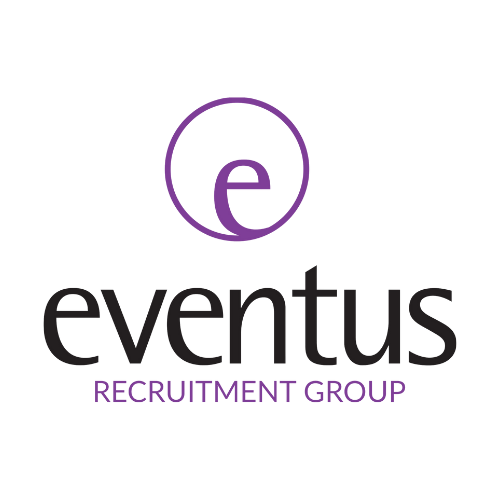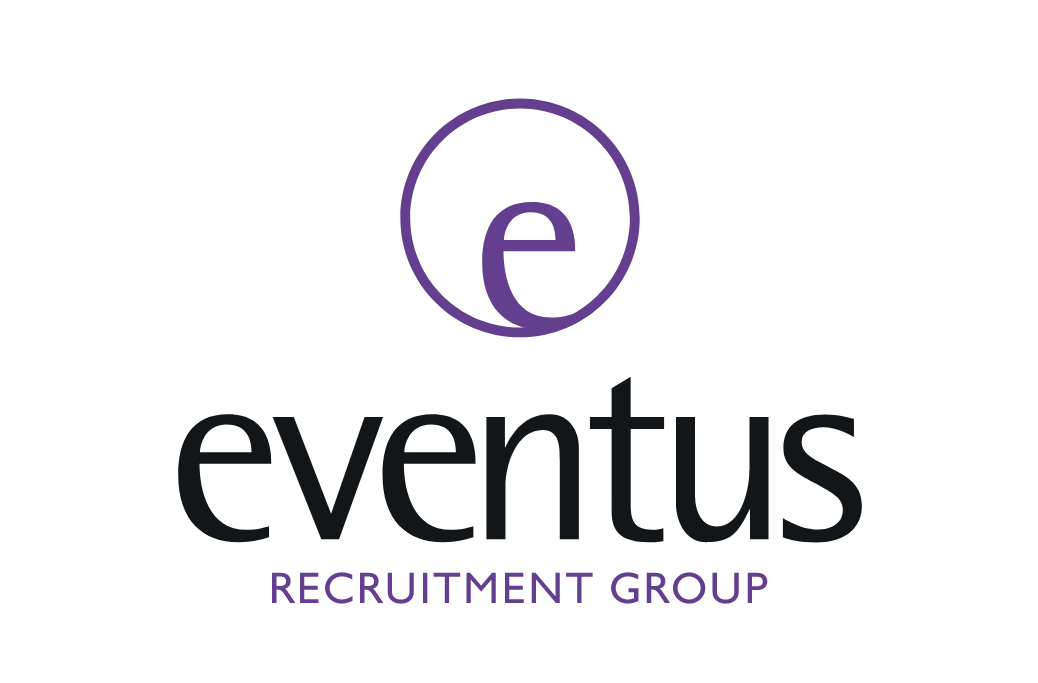CV Writing
CV writing is an important part of the recruitment process. Your Curriculum Vitae (CV) is often the first thing a prospective employer will see of you, and first impressions really do count when it comes to job searching. In addition, your CV is the instrument that allows a firm to decide whether they want to interview you. So, take time when you are CV writing and have a think about the following:
- A short paragraph to provide a personal statement highlighting your key skills and career aims. Use this opening statement to catch the eye of your potential employer.
- Personal details: including a contact telephone number and email address. Also, if you have a well-developed LinkedIn profile, which supports your job search, include the direct link.
- Qualifications: to include all from GSCE onwards, Date of Admission, Professional Qualifications and Memberships.
- Work experience: (paid or voluntary), with responsibilities and achievements.
- Key or transferable skills
- Any additional relevant skills, such as language skills or specific IT skills.
What not to include on your CV
When CV writing, do not include the following:
- Your age
- Your marital status
- Your health status
- Your nationality
- Your educational institution addresses
- Minor training or qualifications unrelated to the post applied for
- Your references
Tailor your CV
Equally important, is to ensure your CV is accurate and targeted for the job you are applying for.
Personalise your CV to every job you apply for. Identify the skills and experience required from the job advert and job specification of the job you are applying for. Then ensure you include the relevant skills and relevant experience on your CV.

Make it engaging. Sell yourself!
Importantly, your CV writing should be engaging, professional and easy to read. Above all, ensure you get across your unique qualities, personality, experience and skills. Critically, don’t lie on your CV. Employers will certainly run background checks to ensure no false claims are made.
Don’t duplicate on your CV
Don’t just duplicate (copy and paste) your responsibilities from role to role. Your duties may be similar in previous jobs, but not exactly the same surely? If they are, then focus more on your achievements in that role, as they will be different in every position. Show that your time in the role was relevant and you achieved something.
Hobbies and interests on CVs
A common question we get asked by candidates is “should I include my hobbies and interests in my CV?”. We say yes, as long as they are different and less mainstream. Use your interests as a space to make you stand out and make you memorable. After all, many CVs that any hiring manager will see will often look similar. This is your opportunity to leap off the page, and start to cultivate a personality with the firm, even before you’ve interviewed.
A good way to do this is to expand on your hobbies a little, give a little more depth. Enjoy cooking? Great, but talk about particular cuisines you have challenged yourself to master and why. Hiking? What mountains have you climbed recently and what is in your future plans? Travel? Unless its interesting destinations and show an adventurous spirit, it doesn’t count.
Think of them as conversation starters. They are likely to be the area of the CV that the hiring manager picks up on first, a gentle ice breaker into a conversation. So, make them want to talk to you about it, and make them interesting.
Commercial awareness
Commercial awareness is a very important skill to demonstrate towards employers and involves staying up-to-date on what’s happening in the corporate world on a day-to-day basis. This tells potential employers that you are specifically targeting and interested in that job role.
It is handy to include some ways you demonstrate commercial awareness in an ‘Interests’ section of your CV, such as:
- Reading news articles
- Listening to the radio
- Current affairs podcasts
- Watching the news on TV
Use positive action words
Positive action words on your CV can enhance your work experiences and give the reader a shortcut into the experiences you have, making them stand out. They let the employer know that you have the required skills and experiences needed for the job role. They also give a sense of clarification and confidence to your CV.
Some examples of positive action words you can use are:
- Accomplished
- Achieved
- Budgeted
- Conducted
- Completed
- Delivered
- Ensured
- Efficient in
- Finalised
- Guided
- Implemented
- Performed
- Researched
- Successful in
Don’t include a photo of yourself on your CV
To avoid employer bias during the selection process, it is recommended not to include a photo of yourself on your resume.
Double check your finished CV for typos
Also, don’t make mistakes. Check and double check to ensure no spelling or grammar errors.
CV Length – does a CV have to be two pages long?
We often get asked by professionals with lots of work experience, whether their CV needs to be 2 pages. When people acquire lots of work experience it can be a challenge fitting it in on a two page CV. However, your CV can be longer than 2 pages. Although, it is important that the information is relevant to the job that you are applying for, and that is the information isn’t duplicated throughout the CV.
Eventus Recruitment are here to help you with your CV
Please contact The Eventus Recruitment Group if you would like help with your CV, or indeed if you would like us to write it for you. The CV preparation stage is very much part of our tailored and complimentary service for job-seekers. We specialise in Law, Finance and Financial Services.
In addition we have a guide on explaining employments in your CV and throughout your job search. Click here to read our guide on addressing gaps in your CV.
Other resources to help you with your job search
We have a variety of other resources to support your job search, including interview tips, handling multiple job offers, and how to stand out in the jobs market to name a few.
I can’t speak highly enough of the service I was provided by Eventus, specifically Amy Watson. Amy kept me updated throughout the recruitment process, ensuring that I was well equipped and providing me with the confidence required to be successful in securing a new job. I wouldn’t hesitate to use Eventus again for in the future and would highly recommend them to both friends and family. – Liz, placed Legal candidate in the North East.
Further reading
How to explains gaps in work history / employment in your CV. Read here.


